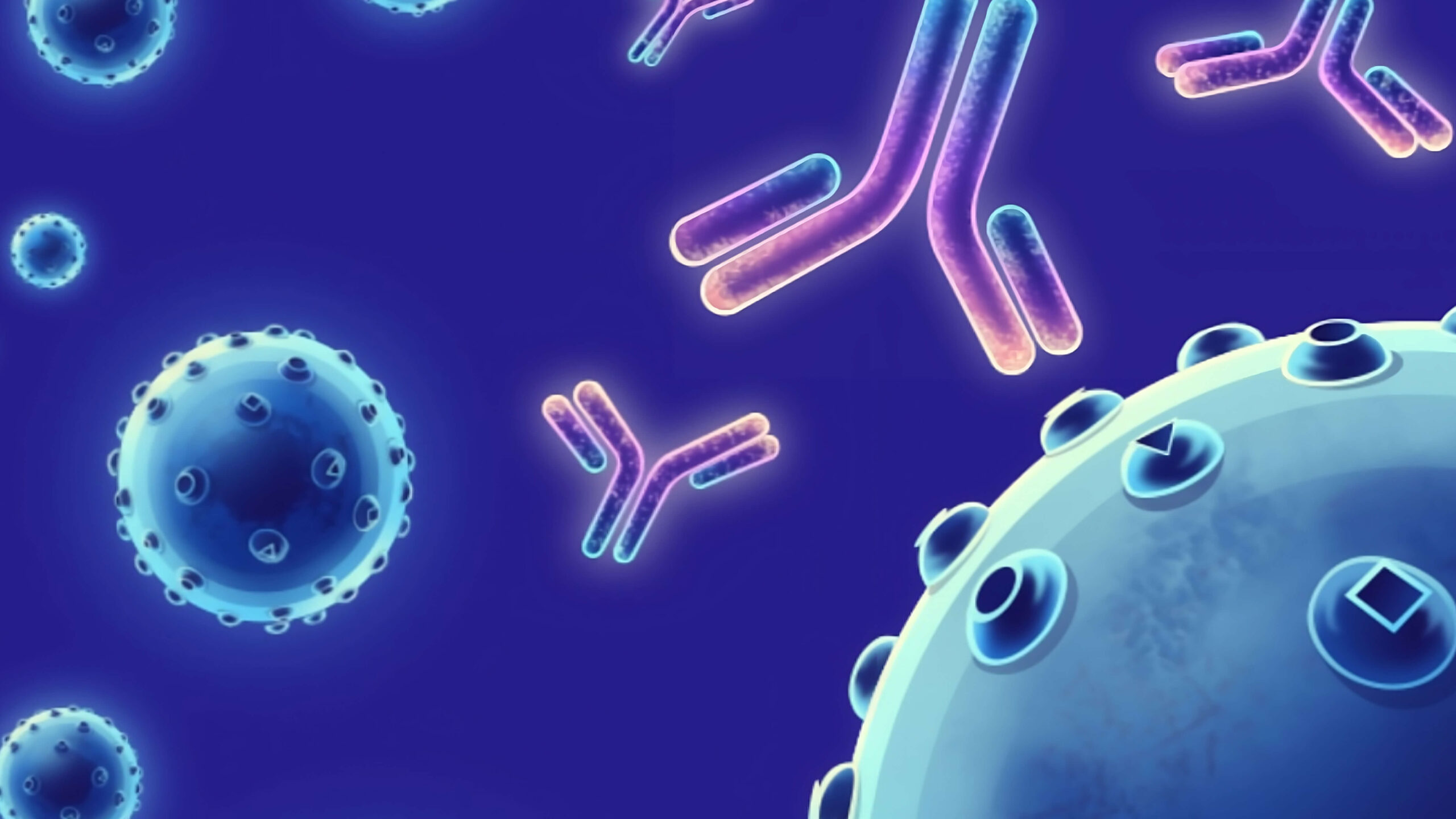Description
B-cell lymphoma-extra large (Bcl-xl) is a transmembrane molecule in the mitochondria. Bcl-xL (BCL2L1), belongs to the Bcl-2 family. Members of the bcl-2 family encode proteins that function either to promote or to inhibit apoptosis. Antiapoptotic members such as Bcl-2 and Bcl-xL prevent PCD in response to a wide variety of stimuli to take part in cancer survival. Conversely, proapoptotic proteins, exemplified by Bax and Bak, can accelerate death and in some instances are sufficient to cause apoptosis independent of additional signals. The crystal and solution structures of a Bcl-2 family member, Bcl-xL is like this: The structures consist of two central, primarily hydrophobic α-helices, which are surrounded by amphipathic helices. A 60-residue loop connecting helices αl and α2 was found to be flexible and non-essential for anti-apoptotic activity. Bcl-xL is characterized as an important factor in autophagy, inhibiting Beclin 1-mediated autophagy by binding to Beclin 1. In addition, Beclin 1, Bcl-2 and Bcl-xL can cooperate with Atg5 or Ca2+ to regulate both autophagy and apoptosis. Bcl-xL is also implicated in anoxia induced cell death. The pathway is initiated by the loss of function of the prosurvival Bcl-2 family members Mcl-1 and Bcl-2 / Bcl-XL, resulting in Bax- or Bak-dependent release of cytochrome c and subsequent caspase-9-dependent cell death. Thus, Bcl-xL, the well-characterized apoptosis guards, appears to be important in cell death.
Target
BCL2L1
Target Alias Names
Bcl(X)L, bcl-x, Bcl-XL, bcl2-L-1, Bcl2l, BclX
Isotype/Mimetic
Rabbit IgG
Animal-Derived Biomaterials Used
No
Sequence Available
No
Original Discovery Method
Phage display technology
Antibody/Binder Origins
Animal-dependent discovery (in vitro display, OR immunisation pre-2020), In vitro recombinant expression

